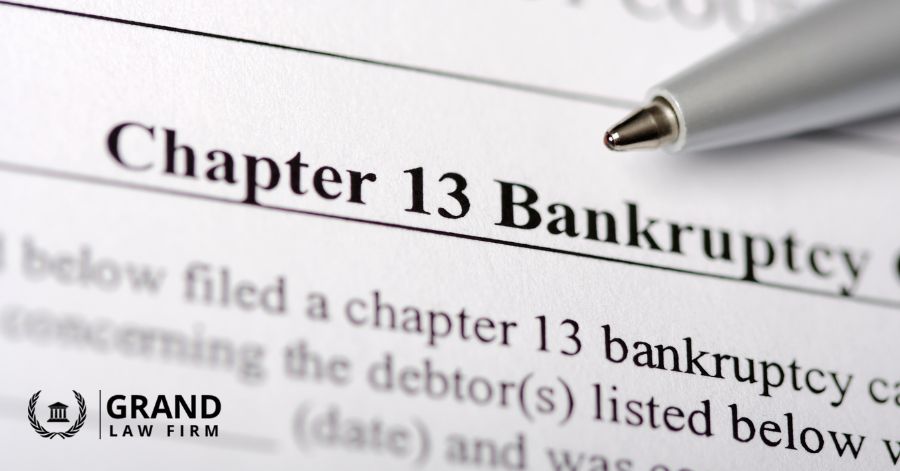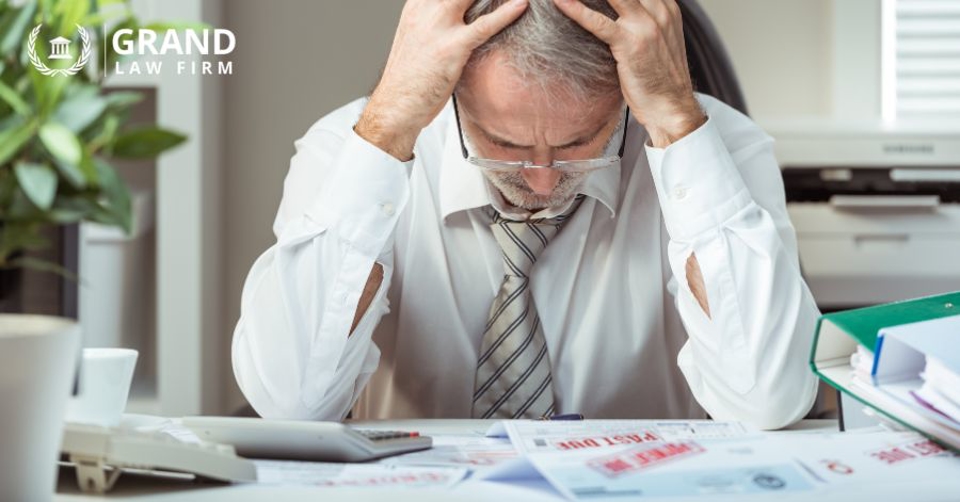Considering bankruptcy can feel overwhelming, especially when you're grappling with financial difficulties. In Louisiana, if you're facing significant debt but have a steady income, Chapter 13 bankruptcy might be a viable path to financial recovery. This type of bankruptcy allows you to reorganize your debts into a manageable payment plan, often over three to five years. It's a serious decision with long-term implications, so asking yourself the right questions is crucial. Below are some of them.
Do You Have a Regular Income?
Chapter 13 bankruptcy is designed for individuals who have a consistent income source. Unlike Chapter 7, which involves liquidating assets, Chapter 13 requires you to make regular payments to your creditors according to a court-approved plan. If your income is irregular or insufficient to cover the proposed plan payments and your living expenses, Chapter 13 might not be the best fit. Your income must be high enough to make these payments and still maintain a reasonable standard of living.
Are You Facing Foreclosure or Repossession?
One of the significant advantages of Chapter 13 is its ability to stop foreclosure proceedings or vehicle repossessions. When you file, an "automatic stay" goes into effect, preventing creditors from taking collection actions. This gives you valuable time to catch up on missed payments through your repayment plan, allowing you to keep your home or car. If your primary goal is to save these assets, Chapter 13 could be a powerful tool.
Do You Have Significant Non-Dischargeable Debts?
While Chapter 7 bankruptcy can discharge many types of unsecured debt, certain debts are typically non-dischargeable, such as most student loans, recent tax obligations, and child support arrears. Chapter 13 can be beneficial in these situations because it allows you to include these non-dischargeable debts in your repayment plan. This can make them more manageable and prevent further collection actions, even if they won't ultimately be discharged.
Can You Commit to a Repayment Plan?
Chapter 13 requires discipline and commitment. For three to five years, you'll be making regular, court-mandated payments. This plan dictates how and when your creditors will be paid. Missing payments can lead to your case being dismissed, potentially leaving you in a worse financial position. It's essential to assess your ability to stick to this long-term commitment before filing.
Do You Have More Debt Than You Can Reasonably Pay Off?
If you're drowning in debt and feel like there's no way out, Chapter 13 can offer a structured path to relief. It can reduce the total amount you owe on certain debts, stop interest accrual on unsecured debts, and prevent creditors from harassing you. It's a way to get a fresh financial start, but it's important to understand the details of how your specific debts will be treated under a Chapter 13 plan.
Seek Professional Guidance from Louisiana Bankruptcy Lawyers
Navigating the complexities of bankruptcy law in Louisiana requires experienced legal guidance. An attorney can help you understand your options, determine if Chapter 13 is right for your unique situation, and guide you through every step of the process.
If you're in Louisiana and considering Chapter 13 bankruptcy, don't face it alone. Our team at Grand Law Firm is here to provide the compassionate and knowledgeable support you need to make informed decisions about your financial future.
Contact us today at (504) 608-5208 for a confidential consultation.







